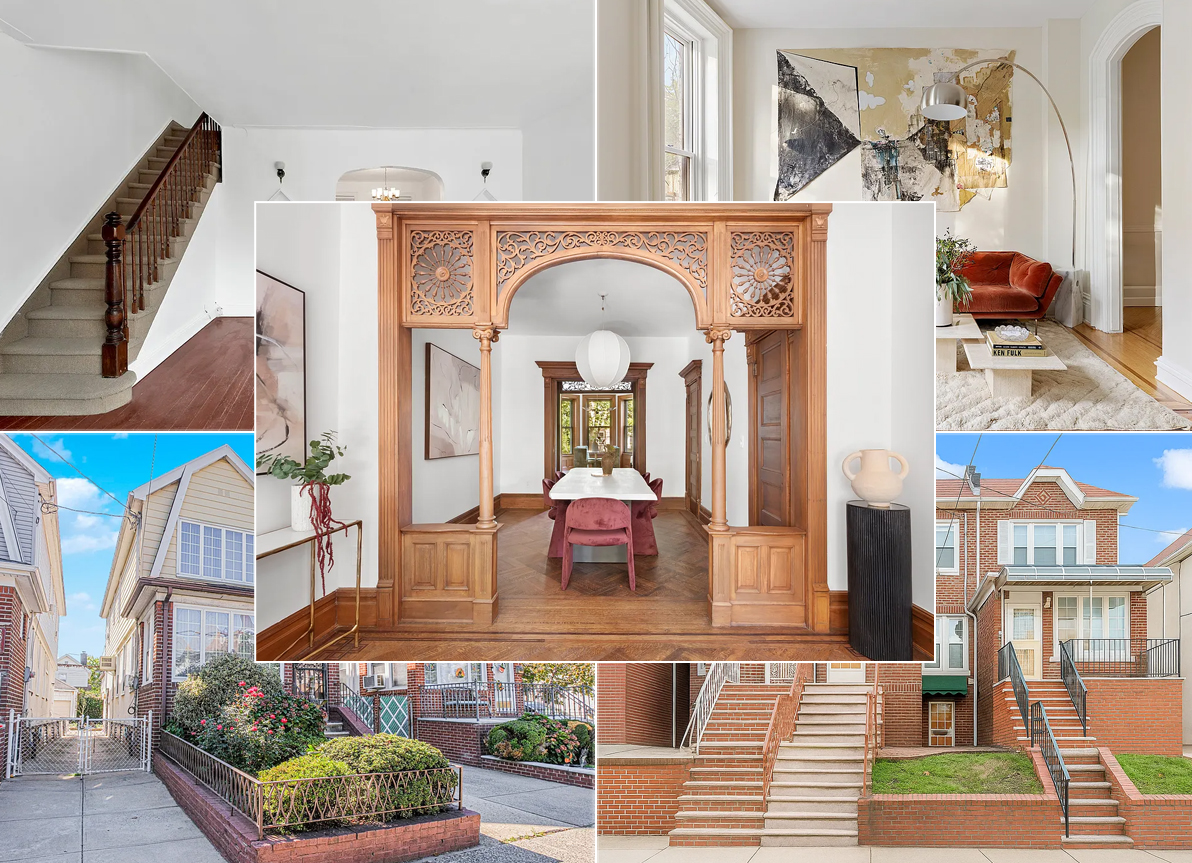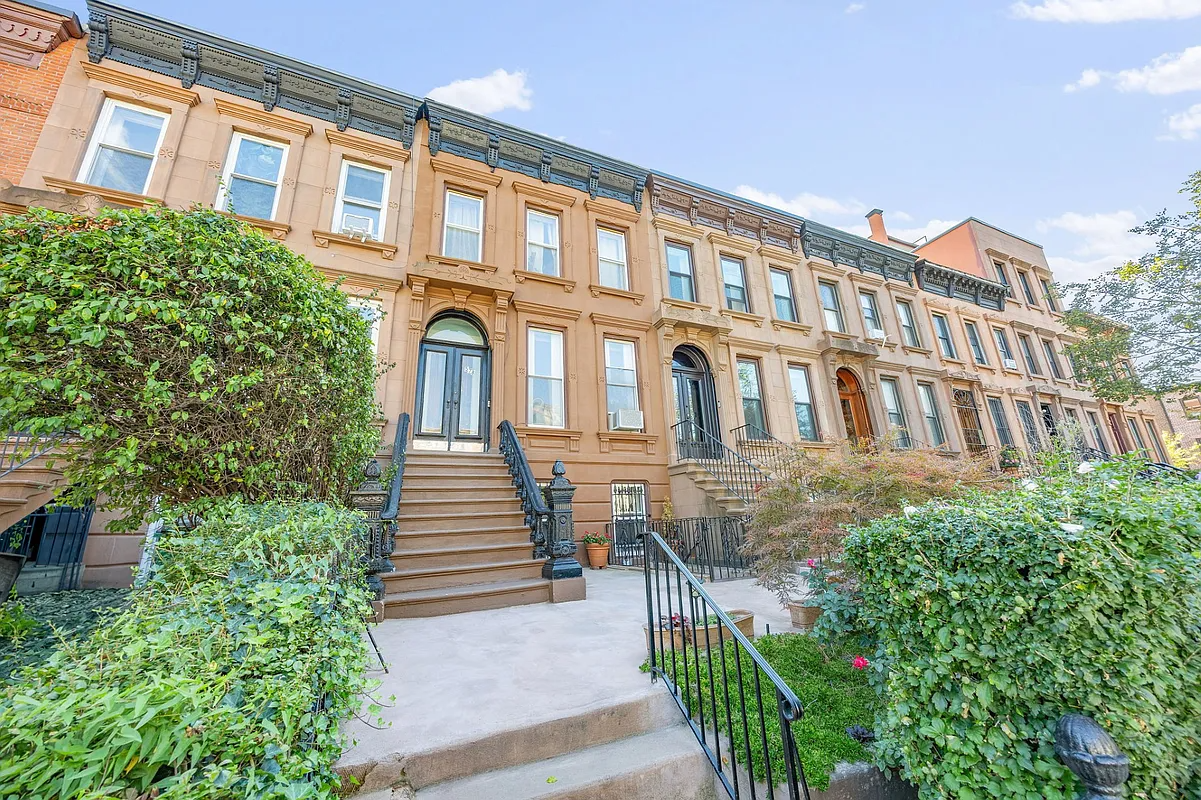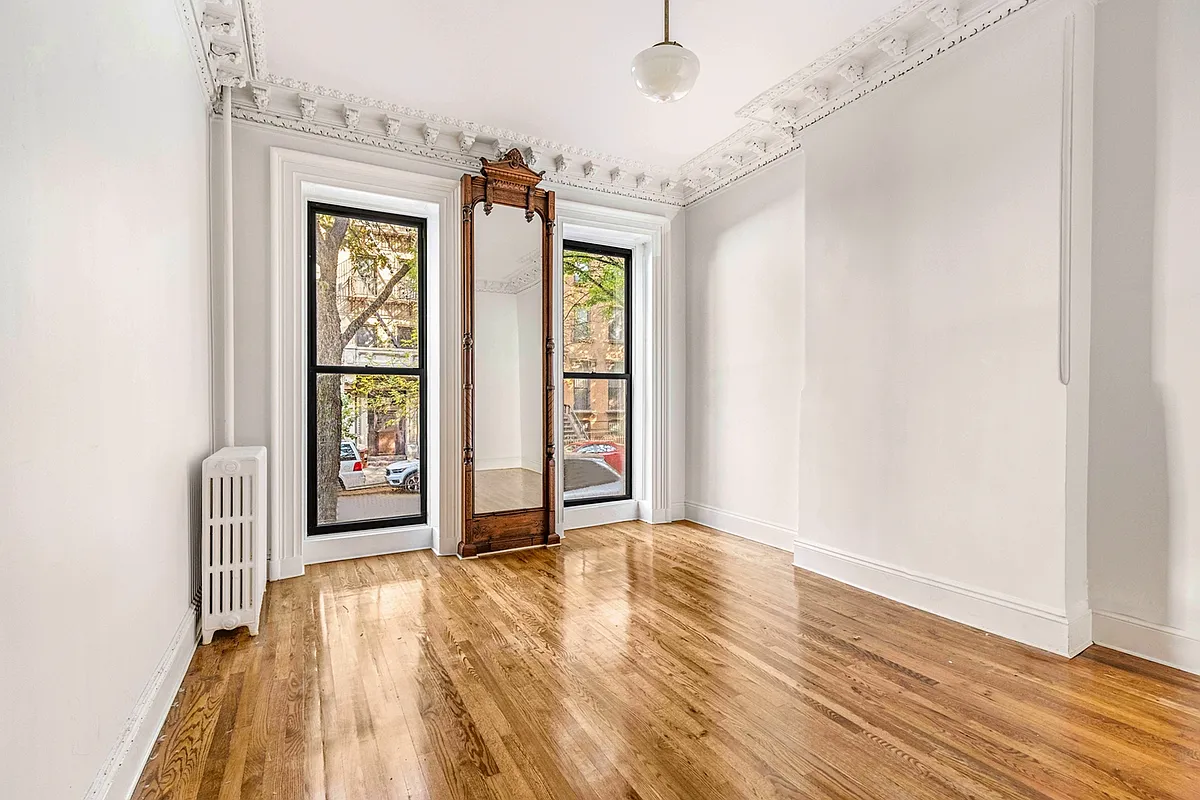New Yorkers to Vote on Affordable Housing Fast Track and Election Calendar This Fall
The Charter Revision Commission convened by the mayor approved four ballot measures aimed at fighting the housing crisis.

Charter Revision Commission Chair Richard Buery speaks at the group’s last public meeting in lower Manhattan, July 21, 2025. Photo by Ben Fractenberg/THE CITY
by Marina Samuel
This article was originally published on July 21 at 6:04 p.m. EDT by THE CITY
The Charter Revision Commission voted to place five proposals on the November ballot — four aimed at simplifying and speeding up the development approval process for affordable housing, and one that would move local elections to align with state and federal races.
“We have worked exhaustively to find solutions that meet this moment, and I am proud to say that we have a set of proposals before us that can set us on the path towards a more equitable and affordable city,” said the commission’s chair and CEO of Robin Hood Richard Buery Jr. ahead of the vote on Monday.
Mayor Eric Adams convened the panel in December to address the city’s housing crisis by streamlining the land use procedures that often delay the construction of affordable housing in the city.
The group had also considered several other proposals including reforms related to payment and procurement for nonprofit city contractors and easing access to law enforcement body-camera footage, but ultimately decided not to put them to voters.
Last Wednesday, the group also axed the most divisive proposal, which would have opened New York City’s closed primary election system to voters regardless of political party. Members of the panel could not reach a consensus on what kind of primary model they would put before voters.
The commission voted nearly unanimously to forward all four ballot questions related to land use, reforms that would limit the City Council’s influence in zoning and development decisions.
The first proposal would amend and streamline the review period for affordable housing developments. Publicly funded projects and developments consisting entirely of subsidized, income-restricted apartments would go directly to the Board of Standards and Appeals for approval, bypassing the review period for the borough president, City Planning Commission, and City Council.
Meanwhile, projects under the city’s Mandatory Inclusionary Housing program — which requires affordable housing set-asides in newly rezoned developments — would have a shortened approval timeline within districts with the city’s lowest shares of affordable housing.
The second proposal would establish an expedited process for small-scale affordable housing projects, with most projects ending with the City Planning Commission, rather than going through the full City Council.
The third seeks to eliminate the mayor’s veto power over land use decisions and replace it with an Affordable Housing Appeals Board consisting of the mayor, City Council Speaker and the local borough president. The board is an attempt to combat the City Council’s practice of deferring to local members on zoning votes, which in many instances has given a single member the power to kill a development project.
The fourth would unify and digitize the official City Map, which would speed up borough presidents’ topographical offices and make zoning changes easier to track.
The City Council pushed back against the Adams-appointed panel, accusing it of advancing a “self-serving narrative in support of expanded mayoral power,” and ignoring the council’s role in approving affordable housing.
“This commission’s misguided proposals would undermine the ability to deliver more affordable housing, homeownership opportunities, good-paying union jobs, and neighborhood investments for New Yorkers across the five boroughs,” said Speaker Adrienne Adams, Deputy Speaker Diana Ayala, and other council leaders in a joint statement.
The final proposal would move local elections to even-numbered years, aligning them with state and federal races — a shift that the commission hopes will boost voter turnout while also saving the city $42 million every two years. The measure passed with near unanimous support, opposed by only former state Senator Diane Savino, who argued that the issue requires the state legislature’s approval and that local races would be overshadowed by higher-profile elections.
“If you are a local elected official, a Council person running in the same year as a president, it’s very possible to drop off from the top of the ticket to the bottom and do a serious disservice to the local government,” Savino said.
The proposed land use reforms were embraced by a number of affordable housing advocacy groups, which described the changes as a crucial step towards tackling New York’s affordability crisis.
“Today, the charter constrains our ability to build new homes in the places New Yorkers most want to live. Every project, no matter how small, must go through the same expensive, years-long approval process,” said Annemarie Gray, executive director of Open New York, a pro-housing advocacy group.
“The consequences of this have been dire, including record-high rents, intense competition for limited options, and more power to landlords. The status quo does not meet the urgency of our housing crisis — these proposed amendments do.”
Related Stories
- City Council Passes Tweaked ‘City of Yes’ Designed to Add 82K Homes Over 15 Years
- ‘Slumlord Millionaire’ Documentary Film Spotlights Fight for Affordable Housing
- How New York City Can Create Genuinely Affordable Housing
Email tips@brownstoner.com with further comments, questions or tips. Follow Brownstoner on X and Instagram, and like us on Facebook.





What's Your Take? Leave a Comment